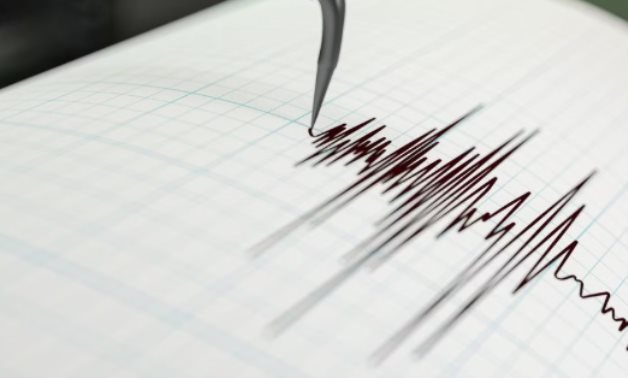Recent seismic activity in the region has reignited discussions among experts and the public alike about Egypt’s vulnerability to a major earthquake. While Egypt is not traditionally classified among the world’s most seismically active zones, experts warn that certain areas remain susceptible to potentially damaging tremors.
According to the National Research Institute of Astronomy and Geophysics (NRIAG), Egypt sits near several active fault lines, including those in the Gulf of Suez, the Gulf of Aqaba, and the Eastern Mediterranean region. These geological features, while not highly active, have the capacity to produce moderate to strong earthquakes.
Dr. Gad El-Qady, head of NRIAG, explained that while the majority of seismic events in Egypt are minor and rarely felt, historical records show that the country has experienced damaging quakes, such as the 1992 Cairo earthquake, which left hundreds dead and thousands injured.
“The risk is real, especially for densely populated urban centers with older infrastructure,” El-Qady stated. “The key is not to panic, but to prepare through strict building codes, public awareness, and monitoring systems.”
In response, the Egyptian government has stepped up efforts to assess the structural integrity of public buildings and enforce modern seismic-resistant construction standards, especially in Greater Cairo and coastal cities like Alexandria.
The Ministry of Housing and Urban Development is working closely with geological experts to update the national seismic hazard maps and guide urban development away from high-risk zones.
Public safety campaigns have also been launched to educate citizens on what to do during and after an earthquake, including evacuation plans, emergency preparedness, and how to secure homes.
While the likelihood of a catastrophic earthquake remains relatively low compared to countries along the Pacific Ring of Fire, experts stress that complacency is not an option.
“Preparedness is our best defense,” said El-Qady. “Earthquakes may be unpredictable, but their impact can be significantly reduced with the right planning and awareness.”
